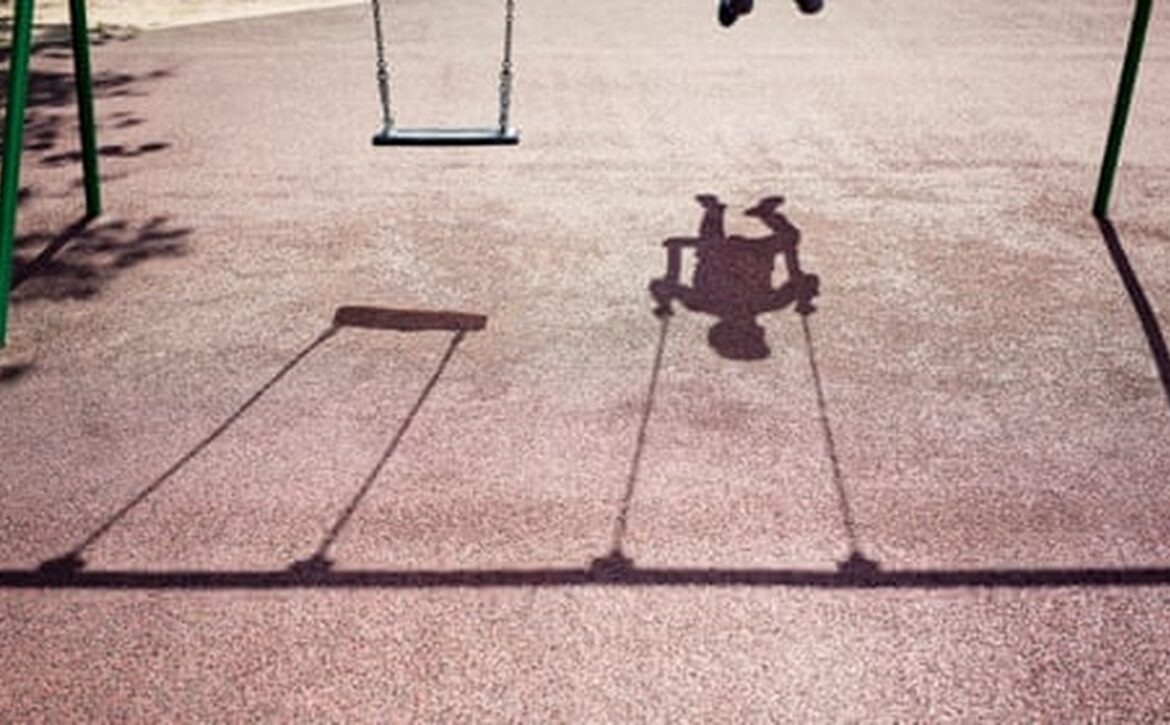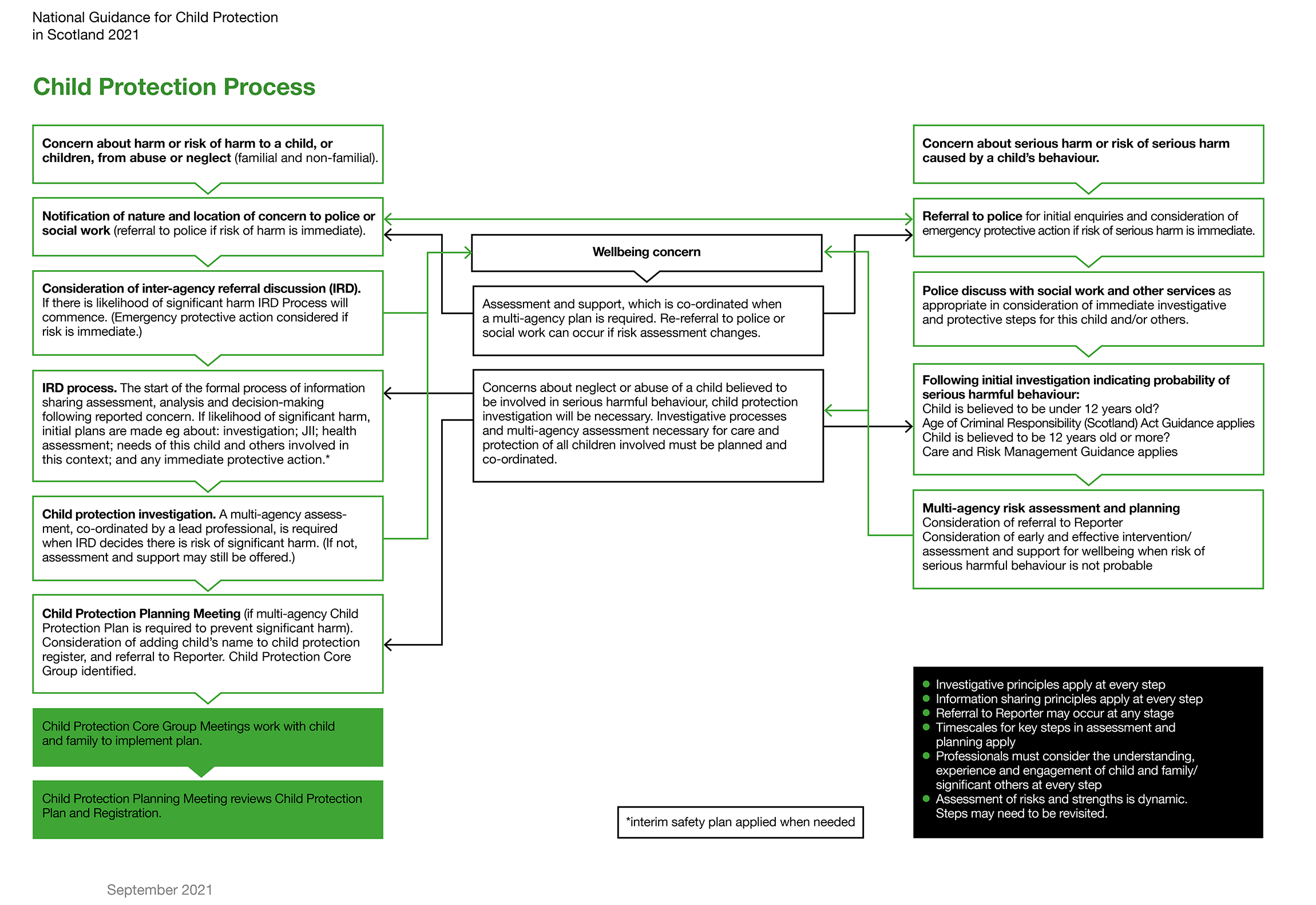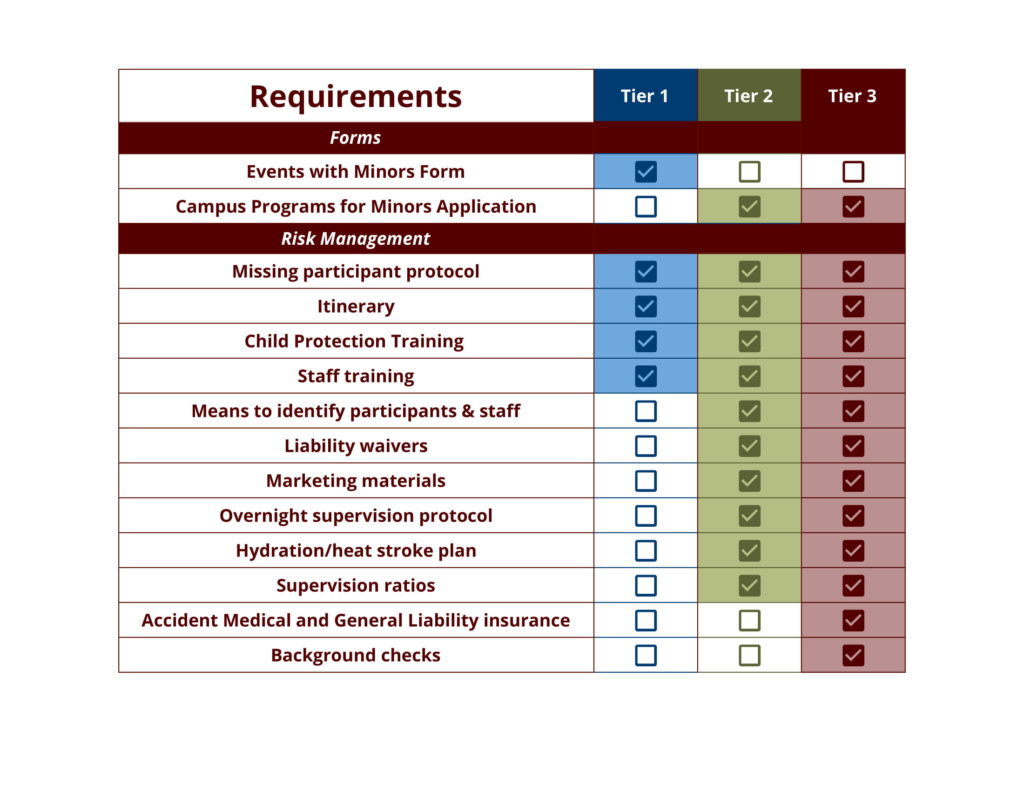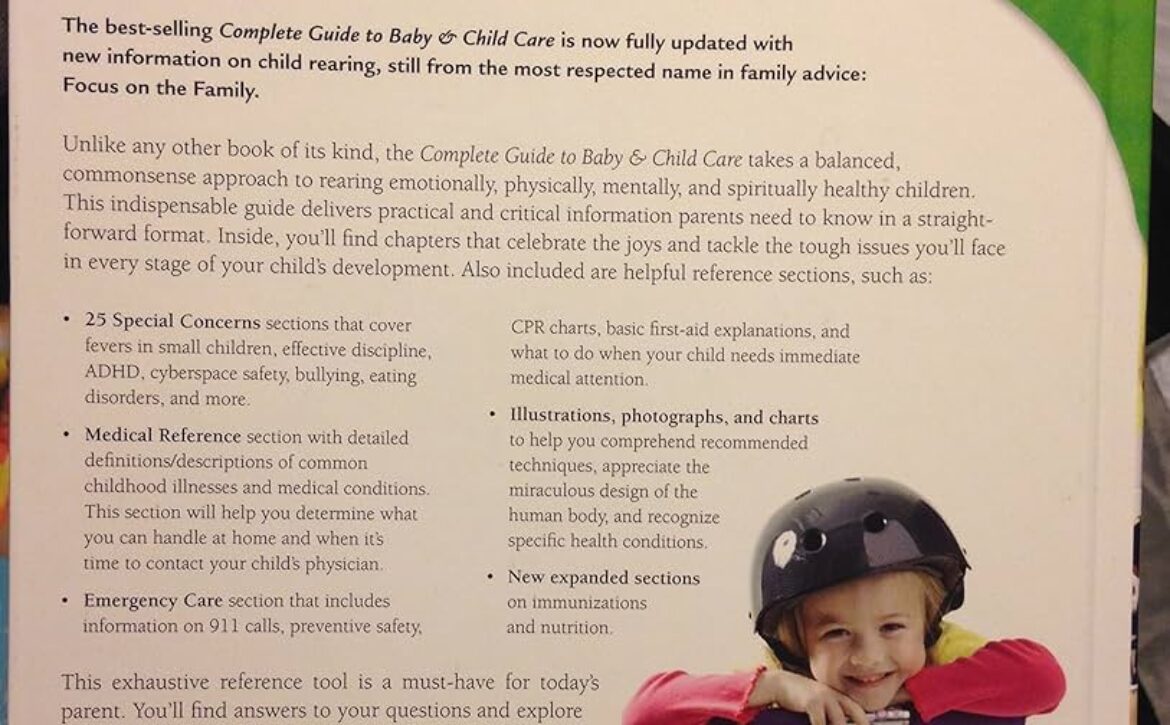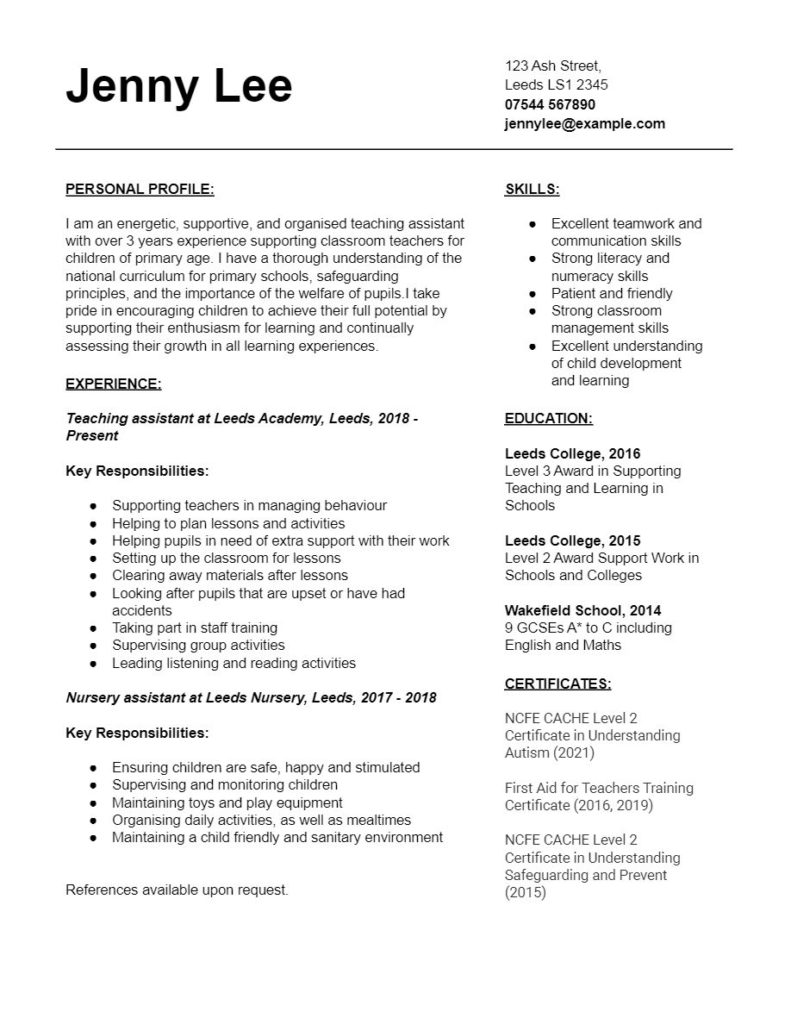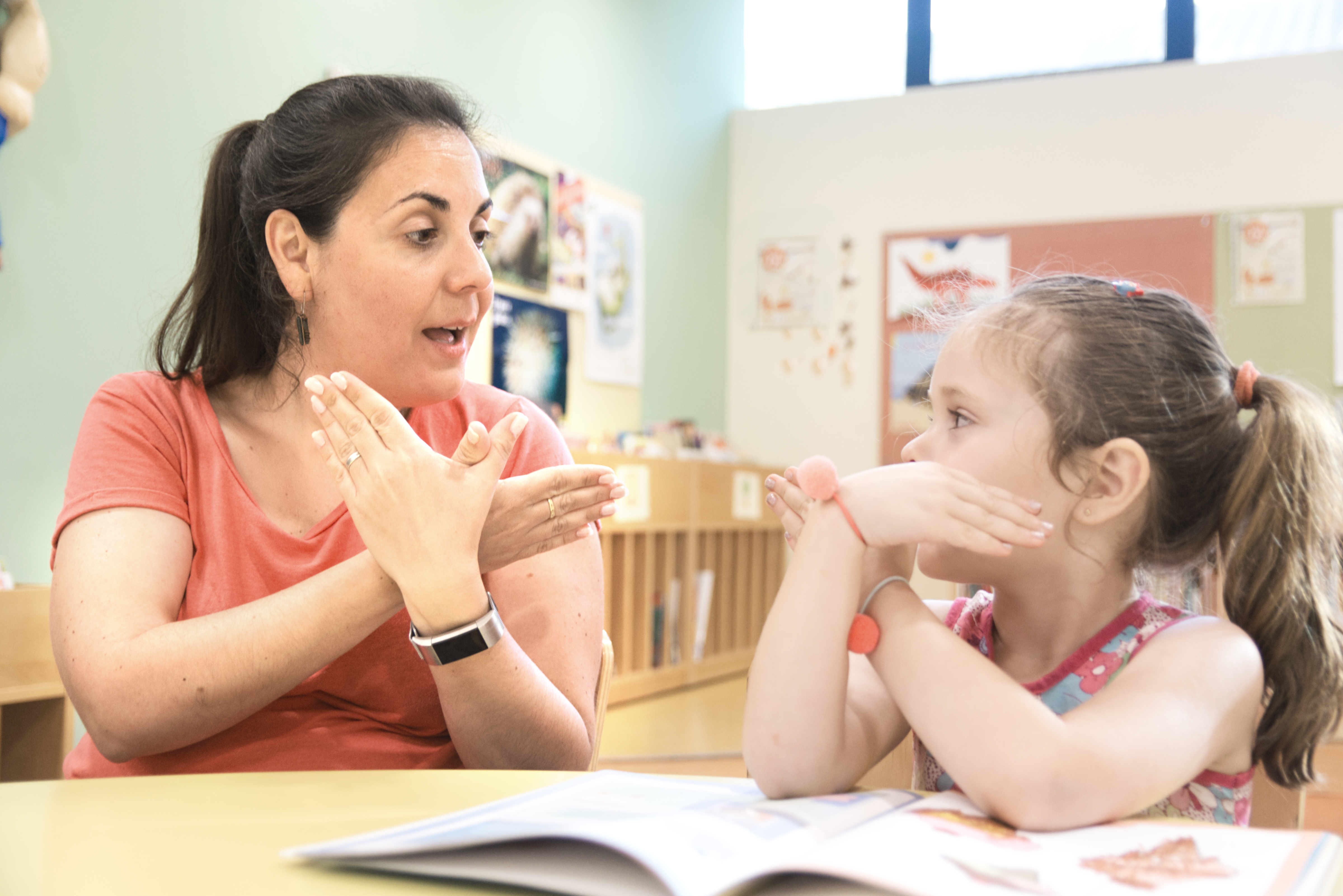How to Become a Diploma for the Early Years Practitioner: Guide
Are you passionate about nurturing young minds and shaping the future of the next generation? Becoming a Diploma for the Early Years Practitioner might be your calling.
Imagine having the skills and knowledge to make a significant impact on children’s lives during their most crucial developmental stages. This guide will show you how to turn that passion into a rewarding career, offering clear steps and valuable insights.
You’ll learn what it takes to excel in this field and how to stand out as a trusted professional in early childhood education. Ready to discover the path to making a real difference? Let’s dive in!

Early Years Practitioner Role
The role of an Early Years Practitioner is both rewarding and vital. You play a crucial part in shaping the first experiences of young children in their formative years. Whether you’re nurturing creativity or supporting early learning, your impact is profound and lasting.
Responsibilities And Duties
As an Early Years Practitioner, you engage young minds through fun and educational activities. You plan and organize daily routines that promote both learning and play. Your role includes observing children to assess their development and tailoring activities to meet their individual needs.
Collaboration is key in this role. You’ll work closely with other practitioners and parents to ensure a holistic approach to a child’s growth. Communication is essential as you share insights and progress with parents, fostering a supportive environment.
Skills Required
Empathy is at the heart of being an effective Early Years Practitioner. Understanding a child’s emotional needs is crucial for fostering a nurturing environment. Patience is equally important, as every child develops at their own pace.
Strong communication skills make a difference. You’ll need to clearly convey ideas to children and communicate effectively with adults. Creativity is also vital; thinking outside the box can turn everyday activities into exciting learning opportunities.
Are you prepared to adapt and learn continuously? The field of early childhood education is ever-evolving, and staying informed is essential. Your commitment to professional development can set you apart as a practitioner who makes a lasting impact.
Diploma Pathway
The journey to becoming an Early Years Practitioner is filled with rewarding experiences. The Diploma Pathway is a structured approach that equips you with the necessary skills and knowledge to excel in this field. Whether you’re just starting or looking to advance your career, this pathway offers a comprehensive guide to achieving your goals.
Eligibility Criteria
Before embarking on the Diploma Pathway, ensure you meet the eligibility criteria. You typically need a minimum of a high school diploma or equivalent. Some programs may require specific grades in relevant subjects.
Check if any prior experience with children is necessary. Volunteering at a local nursery or school can boost your application. Your passion for working with children is a crucial factor; let it shine through in your application.
Course Structure
The course structure is designed to be flexible yet comprehensive. Expect a mix of theoretical and practical learning. You’ll explore child development, health and safety, and educational techniques.
Classes are often divided into modules, focusing on different aspects of early childhood education. You might engage in hands-on activities, workshops, and discussions. These experiences help cement your understanding and allow you to apply learning in real-world scenarios.
Assessments could include written assignments, presentations, and practical demonstrations. They’re designed to evaluate your competence and readiness to work with young children. Are you prepared to embrace this dynamic learning environment?
As you consider the Diploma Pathway, reflect on how each component can enhance your ability to support and inspire young minds. Remember, the skills and insights gained will not only shape your career but also leave a lasting impact on the children you work with. Are you ready to take the next step in your journey as an Early Years Practitioner?
Choosing A Training Provider
Choosing a training provider for your Early Years Practitioner diploma is crucial. It impacts your learning experience and future career opportunities. A good provider offers quality education, practical skills, and support. Research thoroughly before making a decision.
Accreditation And Reputation
Accreditation ensures the provider meets educational standards. It reflects the quality of the curriculum and teaching. Accredited providers have recognition from educational authorities. This boosts your diploma’s value in the job market.
Reputation is equally important. Check reviews and testimonials from former students. A positive reputation indicates successful graduates and satisfied learners. Choose a provider known for excellence and reliability.
Cost And Location
Cost is a significant factor in your decision. Compare tuition fees and additional expenses like materials or exams. Ensure the cost fits your budget without compromising quality. Seek financial aid options if needed.
Location affects convenience and accessibility. Consider providers close to home or work. This reduces travel time and costs. Online courses offer flexibility but check for necessary resources and support.
Application Process
The application process for becoming a Diploma for the Early Years Practitioner is crucial. It’s your first step towards a rewarding career in childcare. Understanding each phase ensures you present your best self. Let’s dive into the essentials that will guide you smoothly through the application journey.
Necessary Documentation
Gathering the right documents is vital. Start with your personal identification, like a passport or driver’s license. You’ll need proof of your educational background. Have your high school diploma or equivalent ready. Certificates from relevant training courses are essential. If you’ve attended workshops, include those certificates too. References from past employers or supervisors can strengthen your application. Choose individuals who know your work ethic and skills.
Submission Tips
Prepare your application well. Read the instructions carefully. Double-check every document for accuracy. Keep your format neat and professional. Use clear language to describe your experience and skills. Highlight any special achievements related to childcare. Tailor your application to show passion for early childhood education. Proofread your submission to catch any errors. Consider asking a friend to review it.
Study Techniques
Embarking on the journey to become a diploma for an Early Years Practitioner is exciting but can be challenging. Study techniques play a crucial role in navigating this path effectively. Whether you’re balancing work and study or diving into full-time learning, mastering how you study can make all the difference.
Time Management Strategies
Managing your time effectively is essential. Consider creating a weekly planner that highlights your study sessions, work commitments, and relaxation periods. This helps you visualize your week and allocate time wisely.
Identify your peak study times. Some people are early risers, while others find nighttime more productive. Use these times to tackle difficult subjects or assignments.
Set specific, achievable goals for each study session. Instead of saying “study chapter 5,” aim to understand a particular concept or answer specific questions. This keeps your focus sharp and your efforts directed.
Effective Revision Methods
Revising effectively is about reinforcing knowledge. Create flashcards for key terms and concepts. Regularly test yourself to improve recall and understanding.
Engage with study groups. Sharing insights with peers can deepen your understanding and reveal gaps in your knowledge. Plus, explaining concepts to others can solidify your grasp on the subject.
Utilize practice exams. They not only prepare you for the format and pressure of the real test but also highlight areas that need more attention. Are you focusing enough on your weaknesses?
Incorporate varied study materials. Mix textbooks with videos, podcasts, and online resources to keep your revision dynamic and engaging.
By adopting these study techniques, you can maximize your learning potential and become a proficient Early Years Practitioner. Are you ready to take the first step on this rewarding journey?
Practical Experience
Embarking on the journey to become a Diploma for the Early Years Practitioner is an exciting endeavor, and practical experience plays a pivotal role in shaping your skills and understanding. It’s where theories come alive and lessons transform into real-world applications. Without hands-on experience, your knowledge remains abstract, making it crucial to engage actively in the practical aspects of your training.
Securing Placements
Finding the right placement is crucial for gaining practical experience. Start by reaching out to local nurseries and childcare centers. A simple conversation can lead to opportunities you might not find advertised. Consider what environment suits your learning style best, whether it’s a bustling nursery or a quaint childcare center.
Networking can be your greatest ally here. Attend workshops or seminars on early childhood education. Engage with professionals who can guide you towards valuable placements. Don’t just wait for opportunities to appear—actively seek them out.
Integrating Theory With Practice
Once you secure a placement, the next step is to blend theory with practice. Apply what you’ve learned in your coursework to real-life scenarios. This integration helps solidify your understanding and reveals areas you might need to improve.
Ask yourself: How does this theory apply here? Make notes of situations where theoretical knowledge aids your decision-making. You might find that certain concepts are clearer when you see them in action.
Reflect on your experiences regularly. Document them in a journal to track your growth and insights. By doing this, you’ll not only enhance your learning but also build a portfolio that showcases your ability to adapt and grow.
Career Opportunities
Becoming a diploma-qualified Early Years Practitioner opens up a world of exciting career opportunities. With your specialized skills and knowledge, you can make a significant impact in the lives of young children. Whether you dream of working in a traditional setting or exploring innovative roles, the possibilities are vast.
Job Sectors
As an Early Years Practitioner, you can work in a variety of sectors.
- Nurseries and Preschools:These are common starting points where you can directly engage with children.
- Primary Schools:Here, you can support early childhood education, focusing on foundational learning.
- Childcare Centers:These offer flexible roles that can align with your schedule and interests.
- Community Projects:Work with initiatives aimed at enhancing children’s development in local areas.
Each sector presents unique challenges and rewards. Consider what environment resonates most with your aspirations.
Advancement Prospects
Advancement in the field of Early Years Practice is promising. Your diploma is just the beginning.
Many practitioners pursue further qualifications, such as advanced diplomas or degrees in child development. This can lead to roles like a lead practitioner or manager.
Have you ever thought about mentoring? Sharing your expertise with newcomers can be fulfilling and expand your career pathway.
Networking with professionals and attending workshops can also enhance your skills. It’s a great way to stay updated with trends and improve your prospects.
What steps are you taking to advance your career? Consider setting goals and actively pursuing opportunities to grow.
Frequently Asked Questions
What Is An Early Years Practitioner Diploma?
An Early Years Practitioner diploma is a qualification for those working with young children. It equips individuals with the skills needed to support child development. This diploma covers areas like child psychology, learning strategies, and safety. It is essential for those pursuing a career in early childhood education.
How Long Does It Take To Complete?
Completing a Diploma for the Early Years Practitioner typically takes around one to two years. The duration depends on the study mode chosen, such as full-time or part-time. Flexible learning options are available, allowing students to balance other commitments while completing their studies.
What Are The Entry Requirements?
Entry requirements for the diploma vary by institution but generally include a high school diploma or equivalent. Some programs may require relevant work experience or a background in childcare. It’s important to check specific requirements with the institution offering the course.
What Skills Are Gained From This Diploma?
This diploma provides essential skills like understanding child development, implementing learning activities, and ensuring child safety. Students also learn communication skills and how to work effectively with children and families. These skills are crucial for a successful career in early childhood education.
Conclusion
Completing a diploma for Early Years Practitioner opens many doors. You gain skills to support young children in their growth. This path requires dedication and learning. But it is rewarding. You help shape young minds and futures. The journey offers personal and professional growth.
With each step, you become more confident and capable. Remember, every lesson learned adds value. Keep focused on your goal. Your efforts will make a difference in young lives. Start today and embrace this fulfilling career path.




